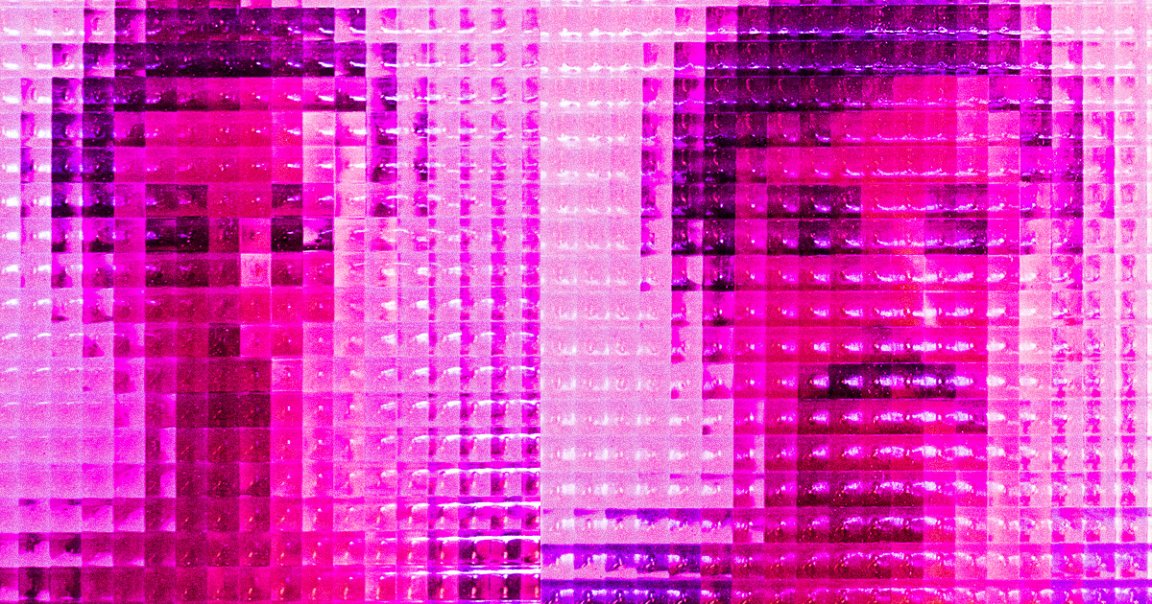
Meta Morphosis
Meta is promising to roll out auto-labeling for AI-generated images — as soon as it figures out how, that is.
Nick Clegg, Meta’s president of global affairs, said in a policy update that the company is currently working with “industry partners” to formulate criteria that will help identify AI content. Once those criteria are determined, Meta will begin automatically labeling posts featuring any AI-generated images, video, or audio “in the coming months.”
“This approach represents the cutting edge of what’s technically possible right now. But it’s not yet possible to identify all AI-generated content, and there are ways that people can strip out invisible markers,” Clegg wrote. “So we’re pursuing a range of options. We’re working hard to develop classifiers that can help us to automatically detect AI-generated content, even if the content lacks invisible markers.”
Confused? Us too. And it gets even harder to follow.
Coherence, Please
Though there’s no mention of it in the statement, this update comes just a day after the Meta Oversight Board issued a report excoriating the company’s “incoherent” manipulated media policy.
Per the independent watchdog’s claims, Meta’s fractured approach allowed a manipulated video, which was likely altered in an old-school, pre-AI way, of President Joe Biden appearing to inappropriately touch his granddaughter to proliferate on its platforms.
At the time the report was issued, the video didn’t violate Meta’s manipulated media policy, which only bars “video created through artificial intelligence… and only to content showing people saying things they did not say.”
It’s unclear whether that policy has changed to close that loophole.
“We are reviewing the Oversight Board’s guidance and will respond publicly to their recommendations within 60 days in accordance with the bylaws,” a Meta spokesperson told us.
Though the new AI labeling policy’s timing would suggest, as Axios observed, that it was updated in response to the oversight board’s report, it curiously doesn’t mention manipulated media directly. Instead, Clegg asserts on behalf of the company that “AI is both a sword and a shield.”
“As it stands, the policy makes little sense,” board co-chair Michael McConnell said in a statement to Time. “It bans altered videos that show people saying things they do not say, but does not prohibit posts depicting an individual doing something they did not do. It only applies to video created through AI, but lets other fake content off the hook.”
Regardless of how content was manipulated, be it with AI or without, it’s toxic — and by not clarifying its rules, Meta leaves open glaring loopholes for bad actors.
More on Meta: Meta Warns That Mark Zuckerberg Could Die At Any Moment